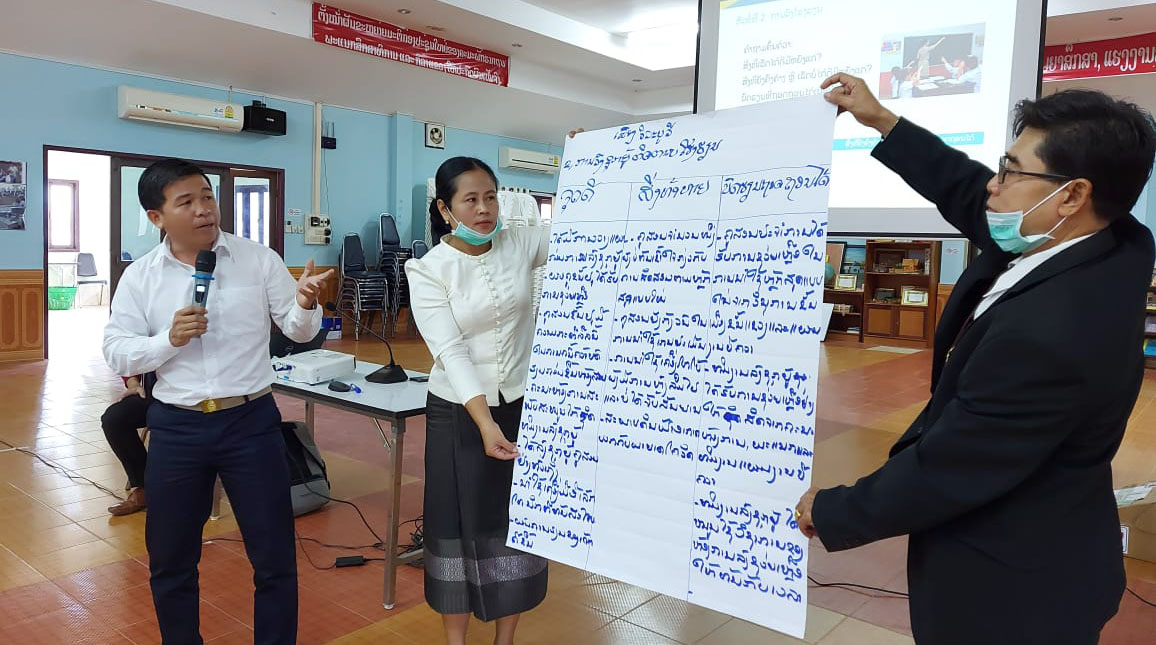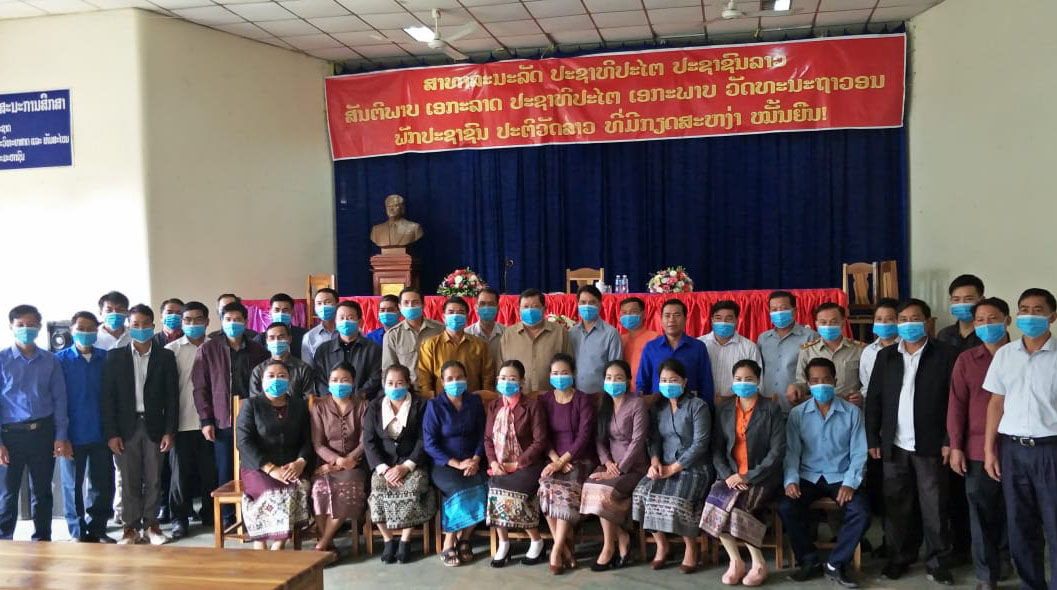18 of the Ministry’s priority districts will receive extra support from Australia to strengthen the implementation of the revised primary curriculum, out of a total of 34 districts supported by Australia
In 2018, the Ministry of Education and Sports of Lao PDR (MoES) identified 40 disadvantaged districts which will be the focus under the Education and Sports Sector Development Plan 9 (2021-2025). Australia has responded to the Ministry’s request that development partners channel more support to the selected 40. This year, two additional districts from the 40, Lakhonepheng in Salavan Province and Lamam in Sekong province, will join the list of target districts that receive support from Australia via the BEQUAL program. With the addition of these two districts, a total of 34 districts across six provinces (Phongsaly, Luang Namtha, Khammouane, Savannakhet, Salavan and Sekong) now receive BEQUAL support for the yearly face-to-face training and in-semester follow-up support to teachers as they implement the revised primary curriculum.
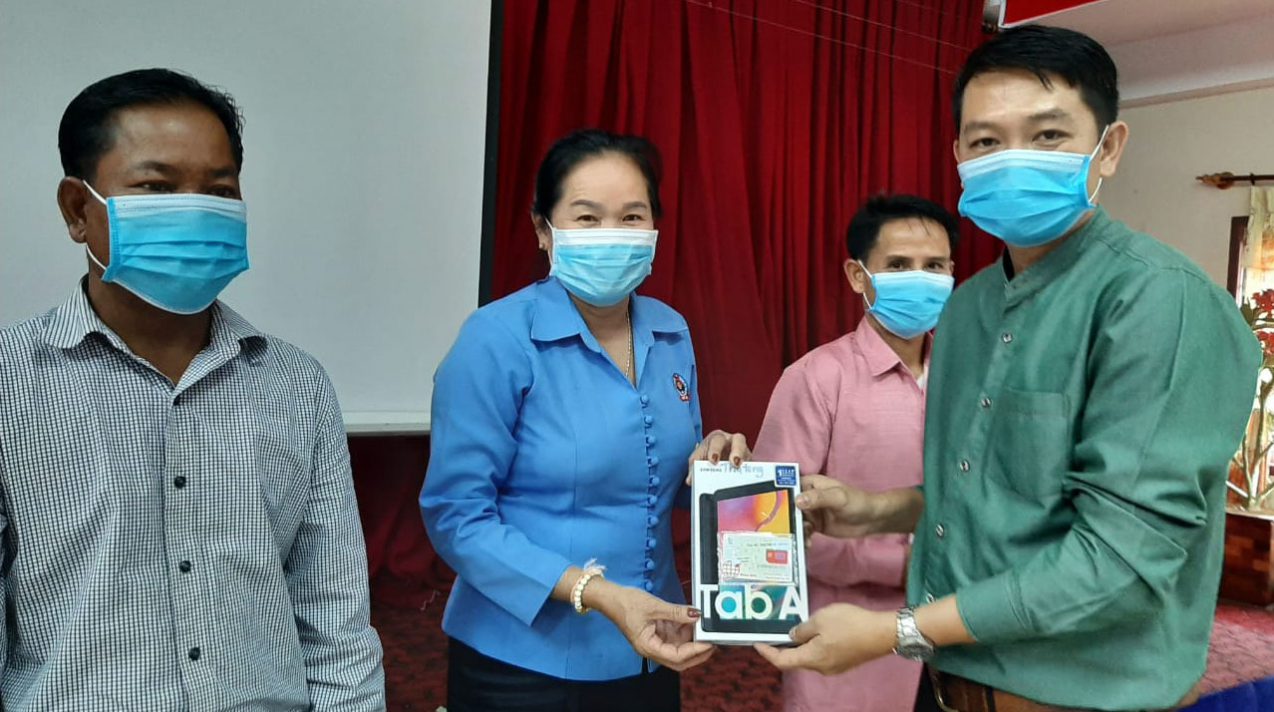
The two new districts will receive training on the new curriculum materials and an Education Support Grant (ESG) to increase pedagogical support to teachers during the school year. The in-semester support is an important part of BEQUAL’s strategy for a successful curriculum implementation. It allows Pedagogical Advisors, Provincial Trainers and other district education staff to conduct monitoring and support visits to individual schools and cluster schools at least four times a year. School visits allow for individualized support for Grade 1 and 2 teachers through developmental lesson observations, constructive solutions on how to address difficulties and challenges and guidance for self-study. Cluster meetings provide an opportunity for professional development through peer learning activities. Monitoring data collected during the visits provides valuable information on the progress of curriculum implementation.
The ESG allows target District Education and Sports Bureaus (DESBs) to prioritize support for under-performing schools, often in remote communities where a high percentage of students come from non-Lao speaking backgrounds. DESBs organize additional visits to these schools to address their specific support needs. Based on DESB planning and budgeting of an annual program of pedagogical support for the primary schools in the district, Australia, via the BEQUAL program, provides the operational funding that enables the DESB to implement its plan.
Ms. Sisay Panyachak, pedagogical advisor at Samouay District says “The main challenge in our district is the high number of students from ethnic groups; they don’t speak Lao so teaching is difficult. Thanks to the ESG grants we provided more support to teachers having difficulties with the new teaching and learning techniques. We gave them examples how to teach a specific lesson, show them how to use WhatsApp groups and QR code to access to more support.”
Last week, staff from targeted DESBs and Provincial Education and Sports Services attended a 3-day training on the ESG grant. Key DESB staff received training in KoBo, a data collection platform being rolled out to monitor curriculum implementation progress and are provided tablets for use in data collection. The training covers curriculum implementation support activities introduced through the BEQUAL-supported nationwide training of grade 2 teachers and Pedagogical Advisors conducted in July and August 2020 as well as grant management and reporting requirements.
Lakhonepeng and Lamam districts joined the training in Saravan province and are eager to start school and cluster visits to support their teachers. Mr. Kanya Xaiya-Ohsa, director of Lakhonepheng DESB says “The monitoring tools to observe teaching and learning and collect data will be extremely helpful to roll out the new curriculum, identify strengths and areas where support is needed. This year we will focus on the school needs with students in low grade. We will start our monitoring visits now until January 2021 and will design our support plan based on our observations.”
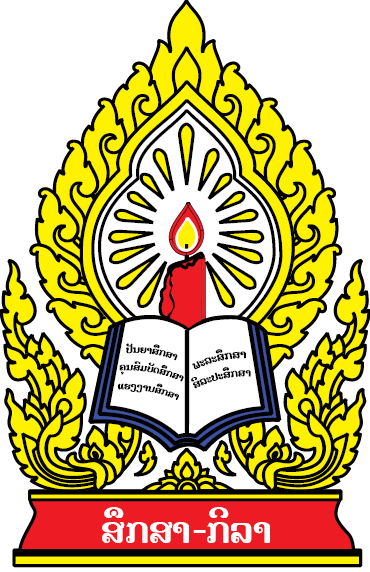
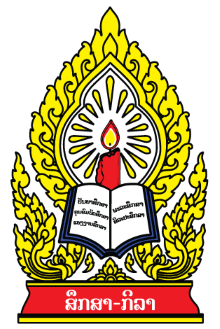


 ພາສາລາວ
ພາສາລາວ
